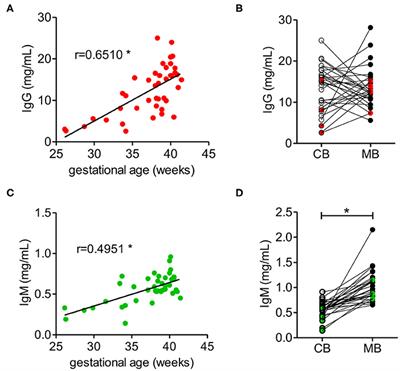Competition between Serum IgG, IgM, and IgA Anti-Glycan Antibodies
Por um escritor misterioso
Descrição
Anti-glycan antibodies are an abundant subpopulation of serum antibodies with critical functions in many immune processes. Changes in the levels of these antibodies can occur with the onset of disease, exposure to pathogens, or vaccination. As a result, there has been significant interest in exploiting anti-glycan antibodies as biomarkers for many diseases. Serum contains a mixture of anti-glycan antibodies that can recognize the same antigen, and competition for binding can potentially influence the detection of antibody subpopulations that are more relevant to disease processes. The most abundant antibody isotypes in serum are IgG, IgM, and IgA, but little is known regarding how these different isotypes compete for the same glycan antigen. In this study, we developed a multiplexed glycan microarray assay and applied it to evaluate how different isotypes of anti-glycan antibodies (IgA, IgG, and IgM) compete for printed glycan antigens. While IgG and IgA antibodies typically outcompete IgM for peptide or protein antigens, we found that IgM outcompete IgG and IgA for many glycan antigens. To illustrate the importance of this effect, we provide evidence that IgM competition can account for the unexpected observation that IgG of certain antigen specificities appear to be preferentially transported from mothers to fetuses. We demonstrate that IgM in maternal sera compete with IgG resulting in lower than expected IgG signals. Since cord blood contains very low levels of IgM, competition only affects maternal IgG signals, making it appear as though certain IgG antibodies are higher in cord blood than matched maternal blood. Taken together, the results highlight the importance of competition for studies involving anti-glycan antibodies.
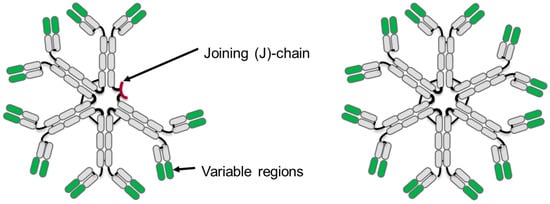
Antibodies, Free Full-Text

Isotype selection for antibody‐based cancer therapy - Vukovic - 2021 - Clinical & Experimental Immunology - Wiley Online Library
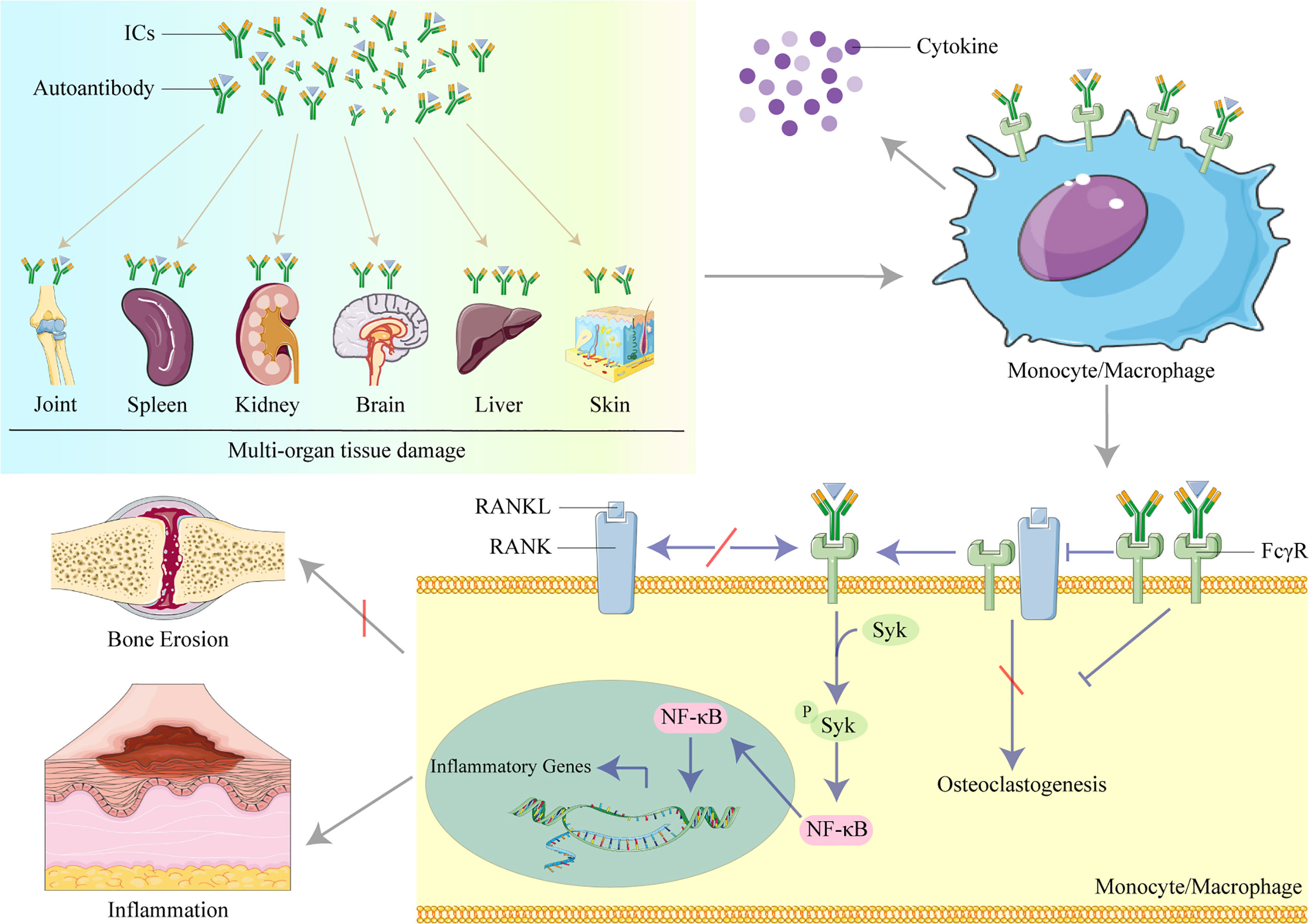
Frontiers The role of organ-deposited IgG in the pathogenesis of multi-organ and tissue damage in systemic lupus erythematosus
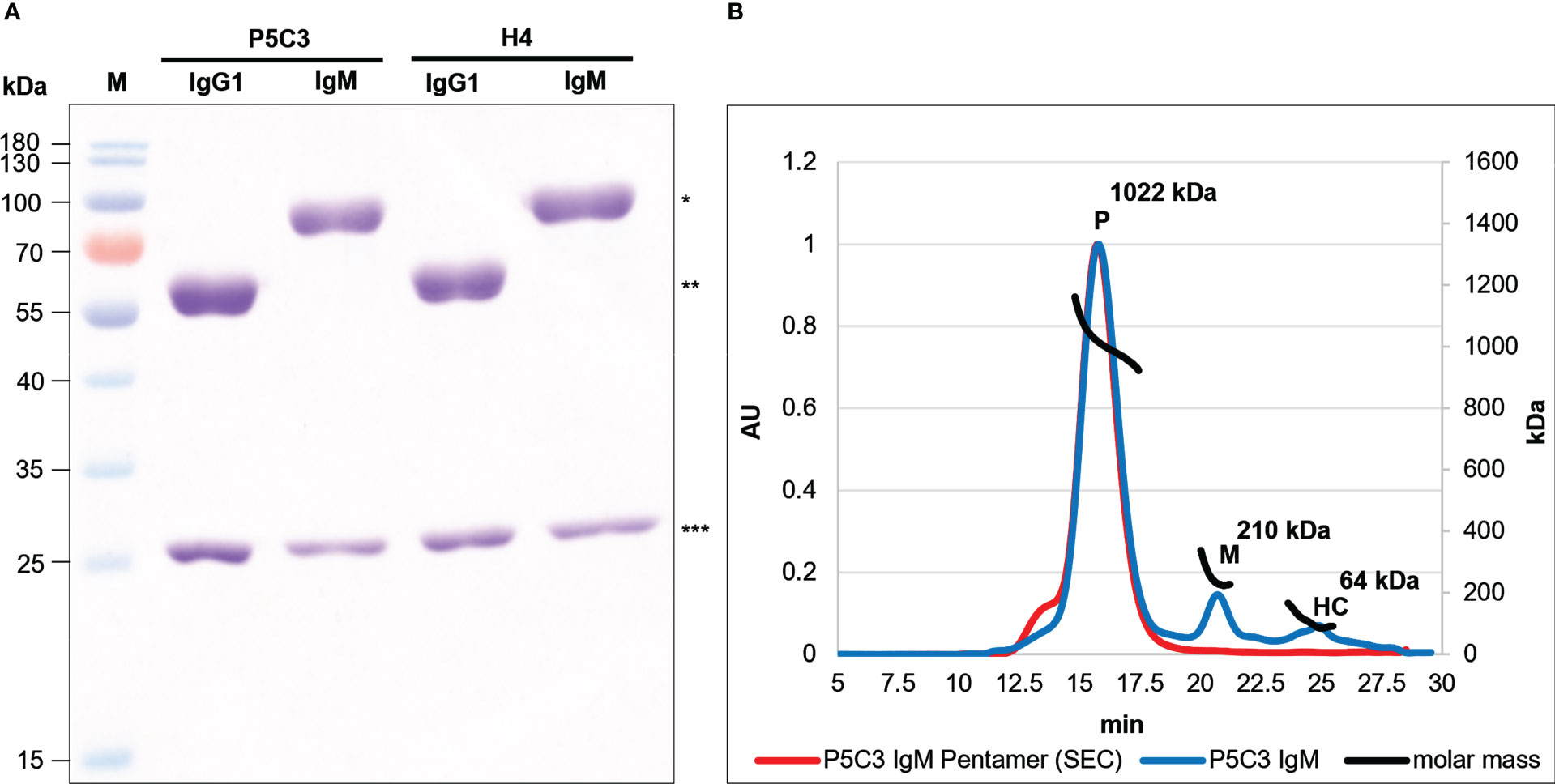
Frontiers Glyco engineered pentameric SARS-CoV-2 IgMs show superior activities compared to IgG1 orthologues
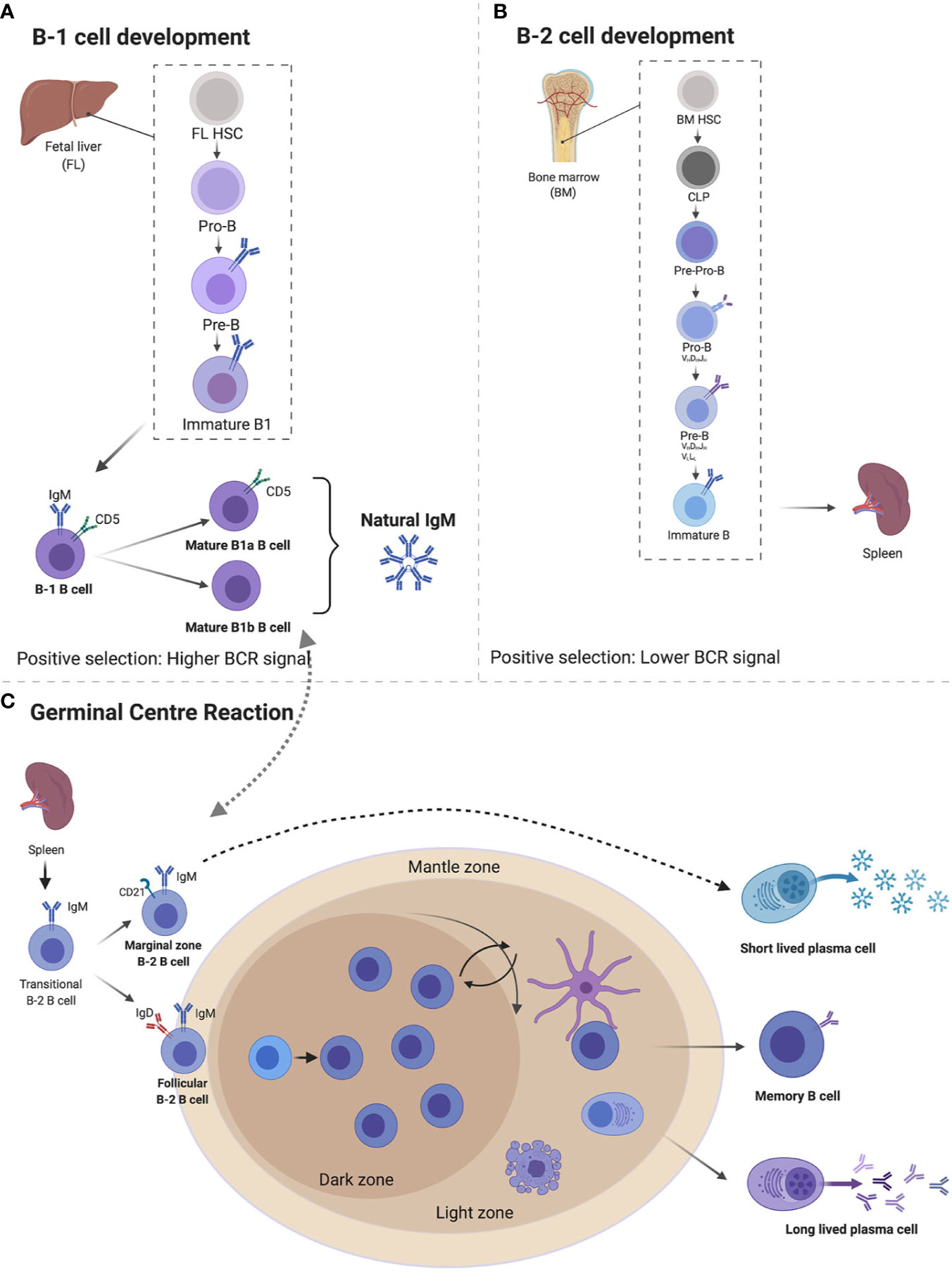
Frontiers Immunoglobulin M in Health and Diseases: How Far Have We Come and What Next?
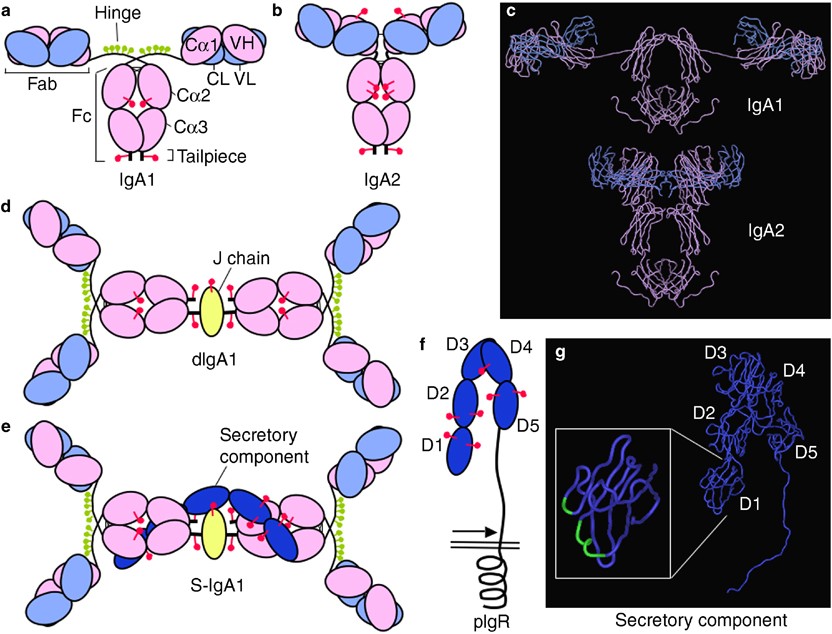
Structure and function relationships in IgA

Glycan-specific antibodies as potential cancer biomarkers: a focus on microarray applications
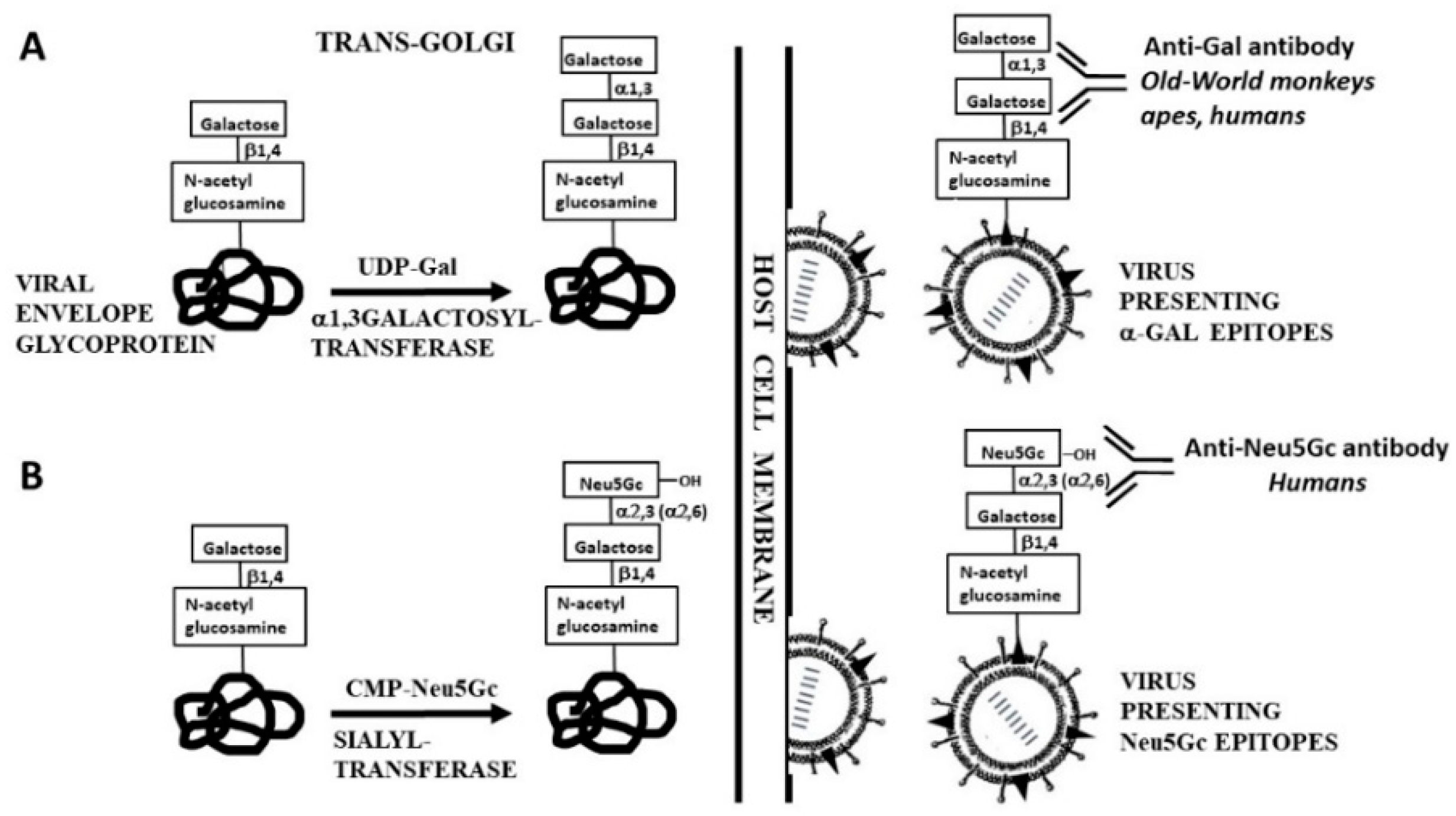
IJMS, Free Full-Text
Competition between Serum IgG, IgM, and IgA Anti-Glycan Antibodies

Secreted IgM: New tricks for an old molecule - Blandino - 2019 - Journal of Leukocyte Biology - Wiley Online Library

Correlation of patient serum IgG, IgA and IgM antigen binding with COVID-19 disease severity using multiplexed SARS-CoV-2 antigen microarray and maintained relative IgA and IgM antigen binding over time
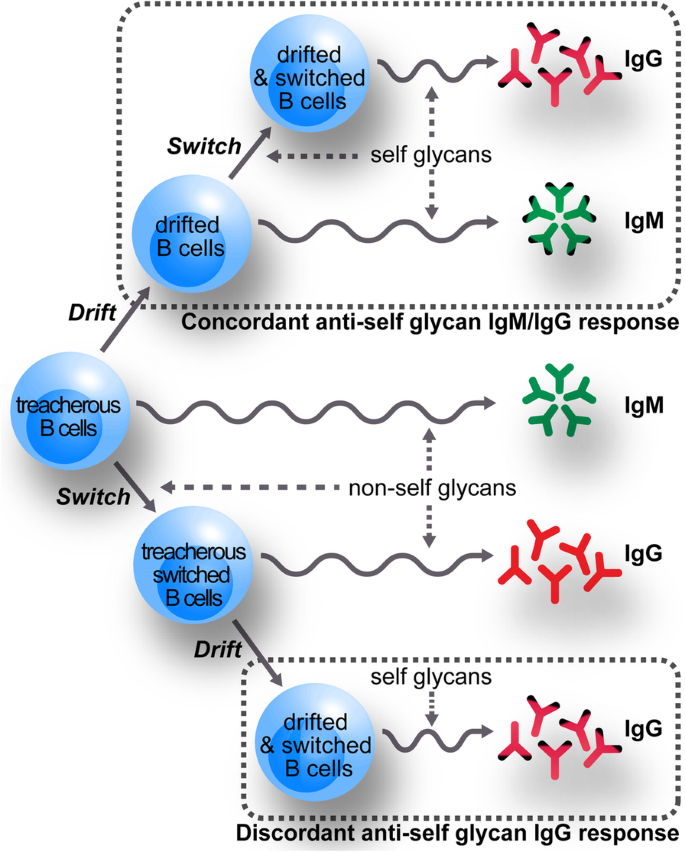
Most of anti-glycolipid IgG-antibodies associated to neurological disorders occur without their IgM counterpart, Journal of Biomedical Science
de
por adulto (o preço varia de acordo com o tamanho do grupo)


